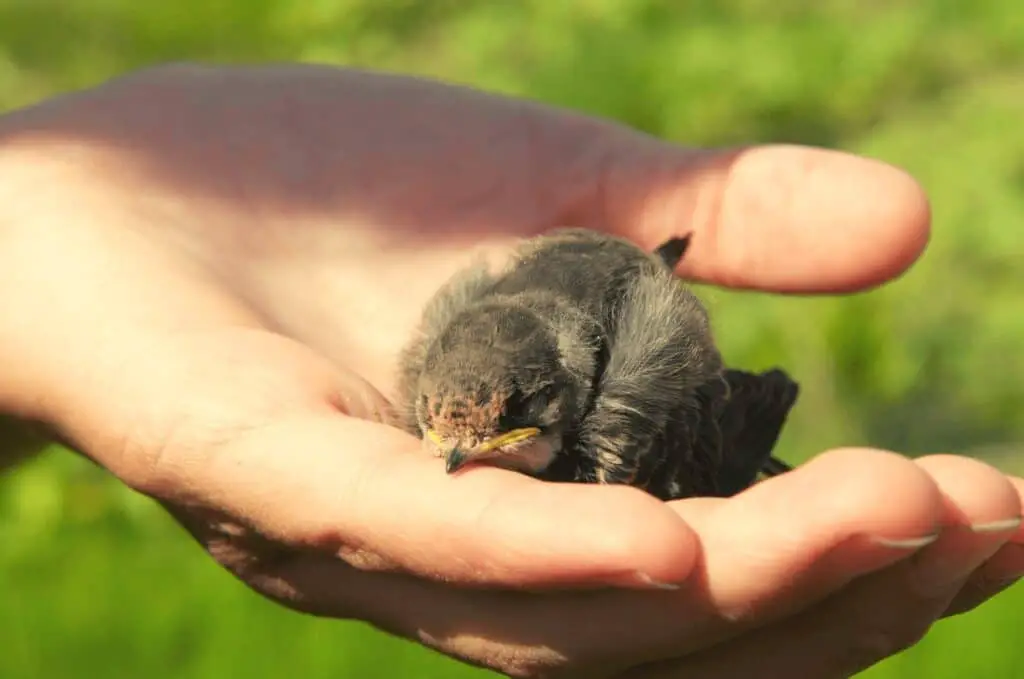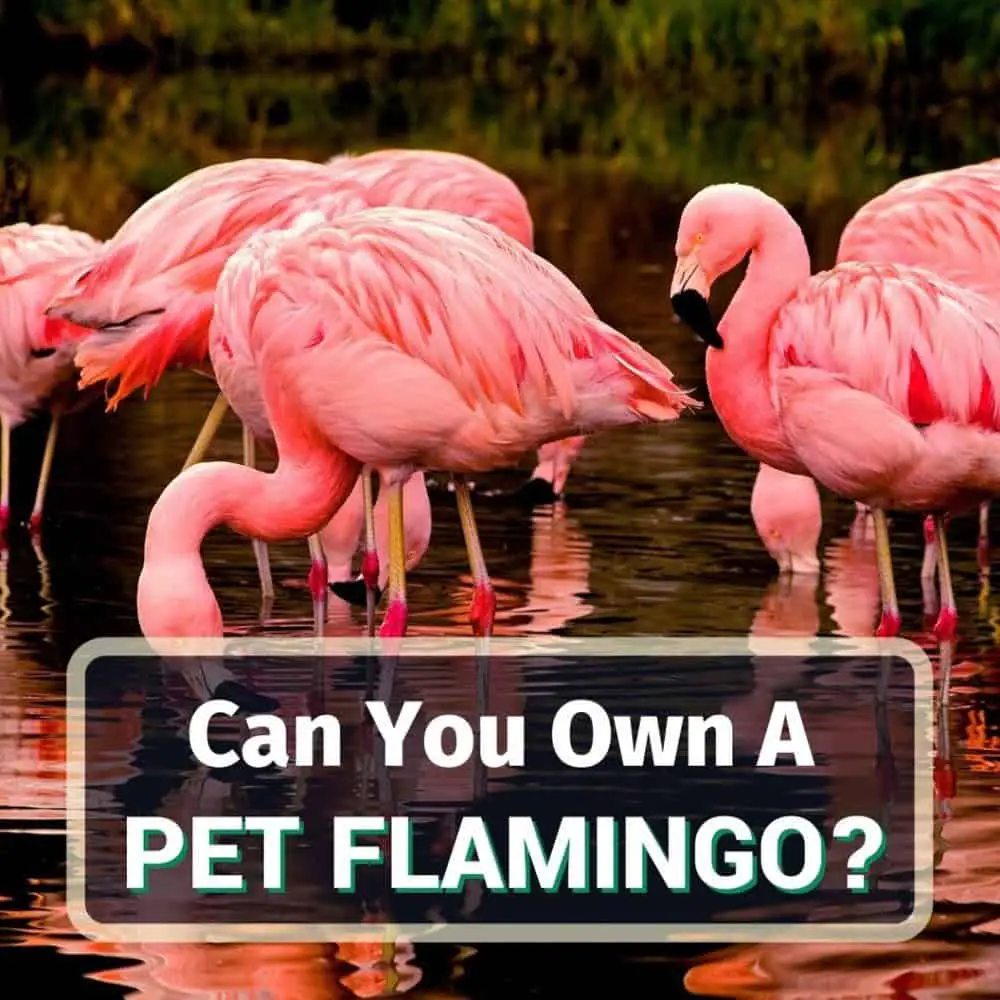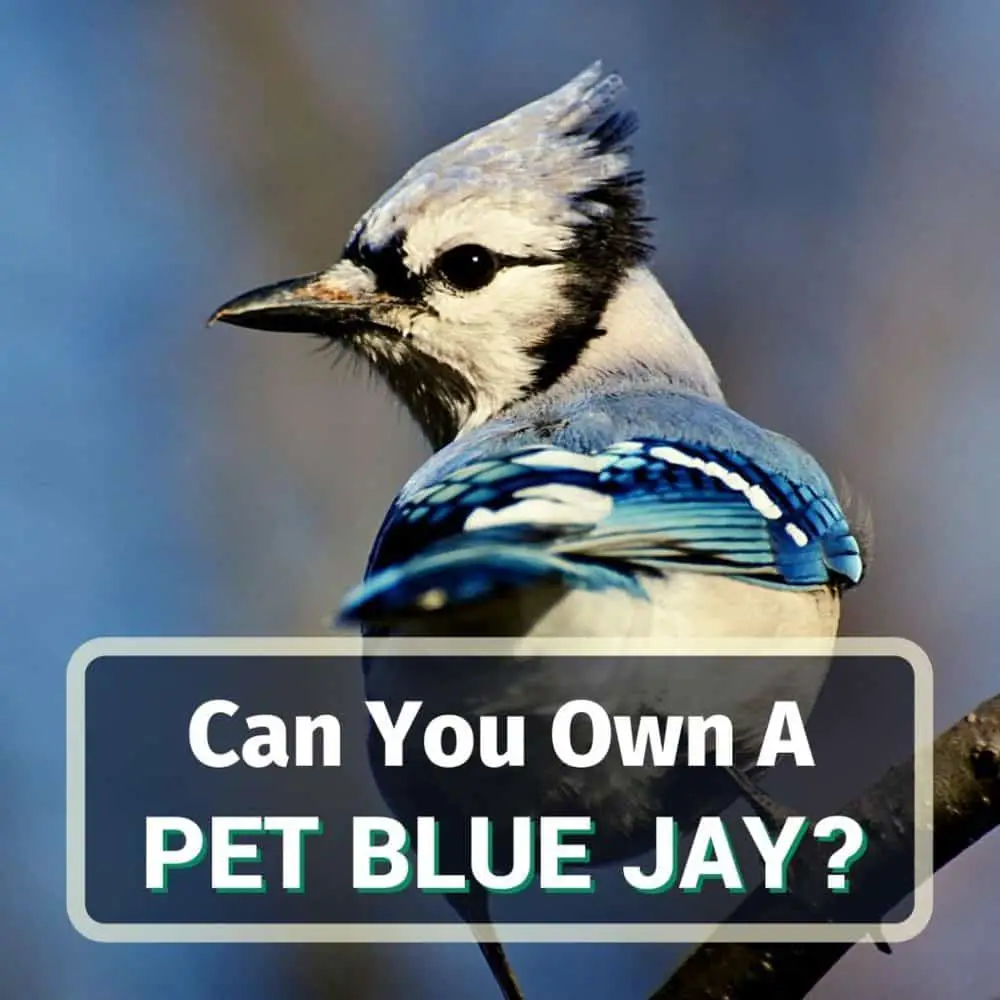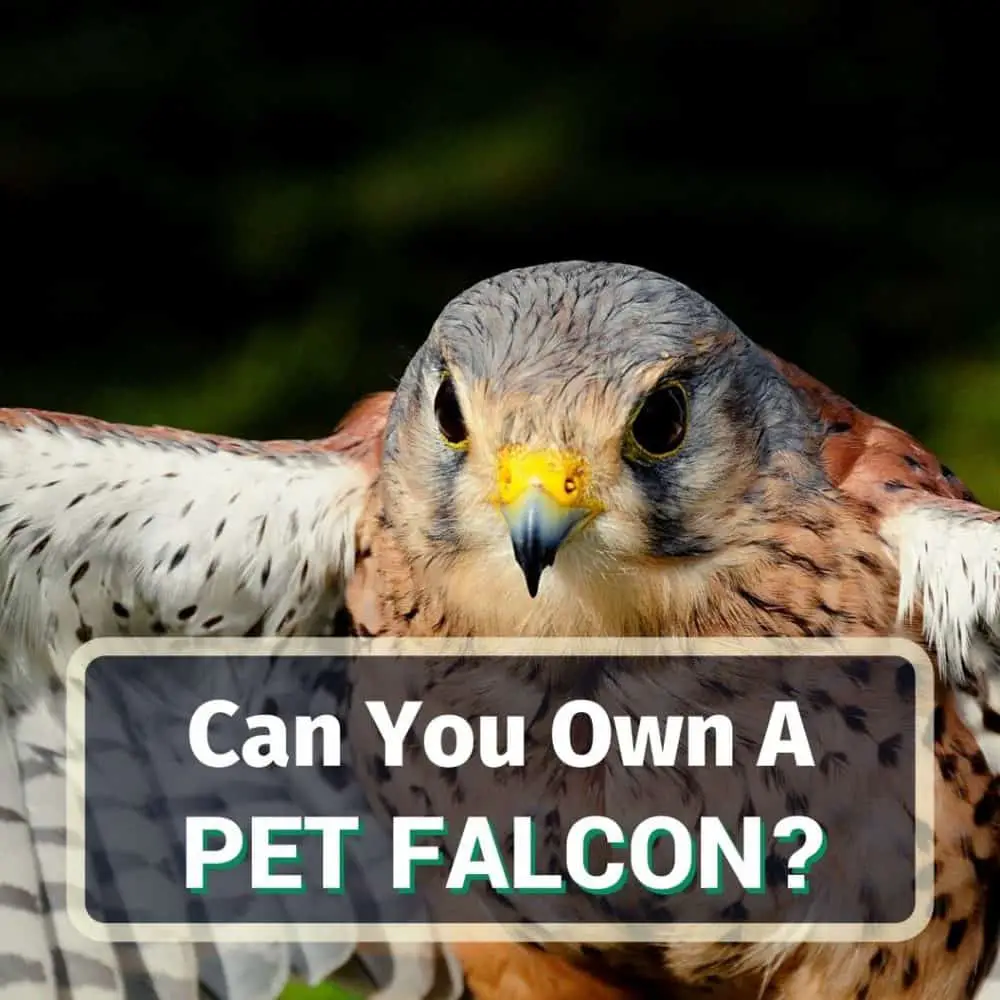Do seagulls make good pets? No, they do not and depending where you live they might be even illegal. If you are interested in owning one of these special birds read on to learn more about what it would be like.

Is It Legal To Own A Seagull?
The answer to this question depends on where you live. In the United States, there are no federal laws regulating the ownership of seagulls.
However, some states and municipalities have their own laws and regulations regarding ownership. It’s essential to check with your local animal control office before bringing a pet seagull into your home.
It’s crucial to identify the kind of gull you’re interested in owning. Seagulls or gulls are from the Laridae family. The Migratory Bird Treaty Act (MBTA) of 1918 protects certain migratory birds in the US and Canada from being:
- Hunted
- Captured
- Domesticated
This act protects over 1,000 species of birds, like the common crow, and birds on the endangered species list. It was initially created because bird populations were being decimated.
The MBTA makes taking bird parts or killing birds without the Federal Government’s permission illegal. One member of the Laridae family is protected by the MBTA, the Silver Gull. If you attempt to capture or harm a Silver Gull, you’re breaking a Federal law.
If you’re interested in owning a seagull or another pet bird like a flamingo, do your research. Check with your local laws and regulations before committing to your decision.
Seagulls Aren’t Domesticated
There are a few things to keep in mind if you’re considering owning a seagull. First, seagulls are wild animals and may not be suitable as pets for everyone. They can be noisy and messy, and they may not do well in small homes or apartments.
Pet seagulls require a lot of space to exercise and fly. So you’ll need to have a large yard or access to a nearby park or open area.
Seagulls are not domesticated animals, so they may not be comfortable around humans. As a result, seagulls could bite or scratch if they feel threatened. Seagulls also have sharp beaks that can cause injury. Caution is essential when handling them.
Additionally, Seagulls are very loud. They make a high-pitched squawking noise that can be disruptive, especially in a densely populated area. They are also social animals, so they will likely try and find other Seagulls.
If you’re still interested in owning a pet seagull, you can do a few things to make the transition easier for both you and the bird.
It’s essential to slowly introduce the bird to your home and family. Allow the seagull time to get used to its new surroundings before handling it. When you start handling the seagull, be sure to do so gently and carefully.
It’s also a good idea to consult with a veterinarian or animal behaviorist about how to best care for your new house pet. They can help you create a care plan that meets the needs of both you and the seagull.
Seagulls can make exciting and unique pets, but they’re not the right fit for everyone. Be sure to do your research and consult with experts before bringing a seagull into your home.
Are Seagulls Dangerous?
Seagulls are wild animals and, as such, can be dangerous. Though they may seem small, they can be as hazardous as an eagle or a falcon. Even if they appear friendly at first, they can become mean and aggressive if they feel threatened.
It’s imperative to be aware of your surroundings. If you come near a family of Seagulls, the parents may become more aggressive and attack you to protect their hatchlings.
No matter how cute a seagull may appear, it would be best to remember that they are wild animals. Wild animals are constantly struggling to survive and will not understand your friendly gestures.
Some seagulls may have had negative experiences with other human beings in the past, making them more wary and even aggressive towards you. Seagulls have sharp beaks that can cause injury, and they may bite or scratch if they feel threatened.
Overall, Seagulls don’t make good pets because they are wild animals. They can become aggressive and potentially harm you or other humans.
Do Seagulls Carry Diseases?
Seagulls can carry dangerous diseases and antibiotic-resistant bacteria. When a seagull feels threatened, there is a chance it can defecate on you. This can be harmful as it could spread bacteria and disease.
If you plan on getting a pet seagull, take them to the vet to make sure they are healthy.
What Do Seagulls Eat?
Seagulls are scavengers and will eat just about anything. In the wild, seagulls eat:
- Fish
- Crabs
- Other small marine animals
They will also eat garbage and scraps of food on the ground. If you decide to care for a seagull, you should provide fresh seafood, fruits, and vegetables.
How Much Does A Seagull Cost?
You cannot buy a pet seagull. They are wild animals and aren’t sold in pet stores. Additionally, breeders don’t have access to them and are not breeding them in captivity.
You cannot buy baby seagulls at the pet store, and you shouldn’t take baby seagulls from the wild. If you see a seagull for sale, you should contact the wildlife department and inform them. This seagull is likely being sold illegally.
Seagulls also eat a lot of food, so feeding a seagull can be expensive. It will likely cost at least $100 a month to feed a seagull. In addition to feeding the seagull, you need to give it the appropriate space. A large bird enclosure can cost at least $1000.
You will need to have specific medical supplies to care for the seagull. These supplies are expensive and the price is about another $100/month.
Finally, you will also need to take your pet seagull to an experienced vet. Not all vets know how to work with Seagulls, so you will have to find the right one. These specialty vets are more expensive, so taking your seagull to regular checkups will add an additional cost.






